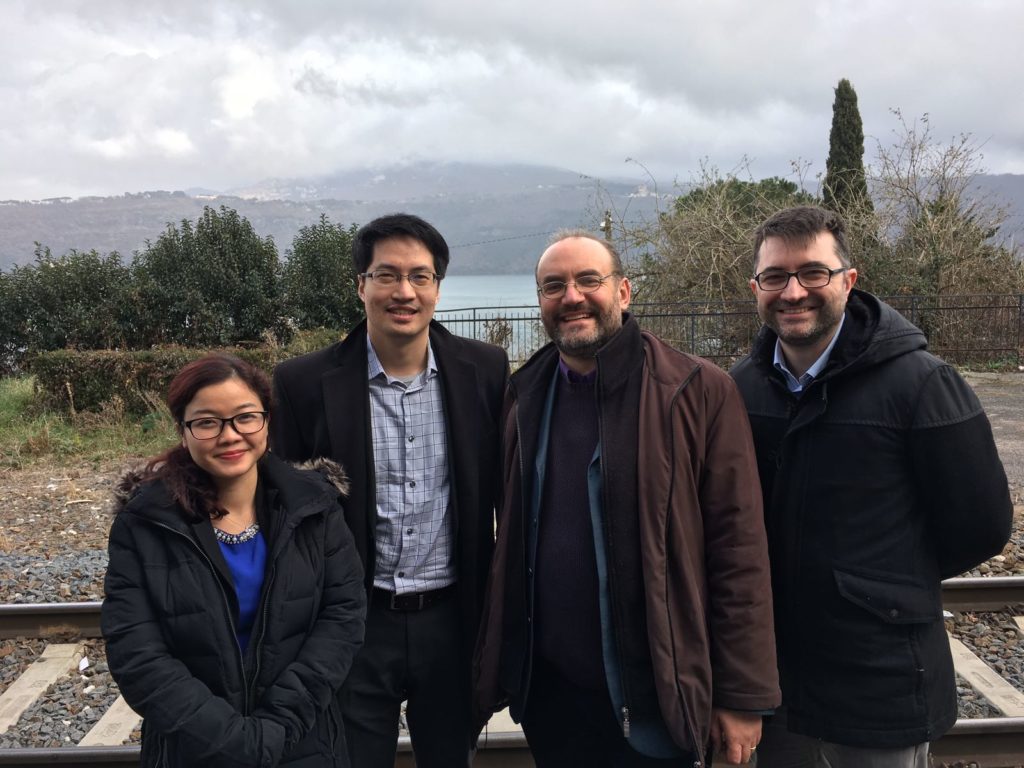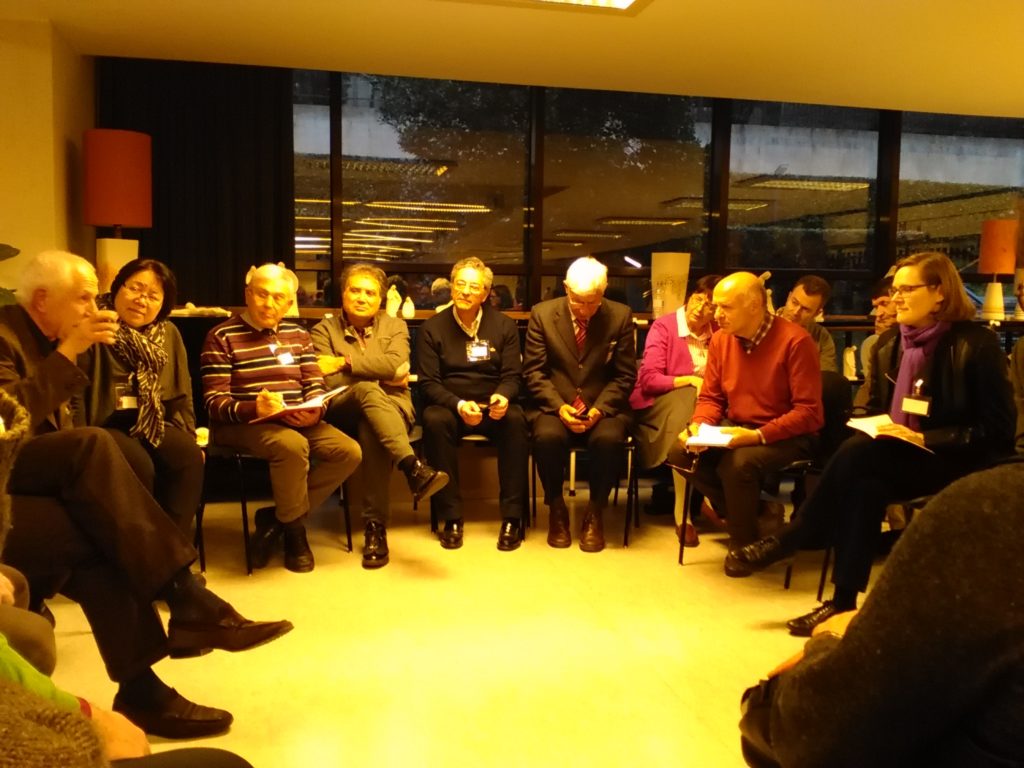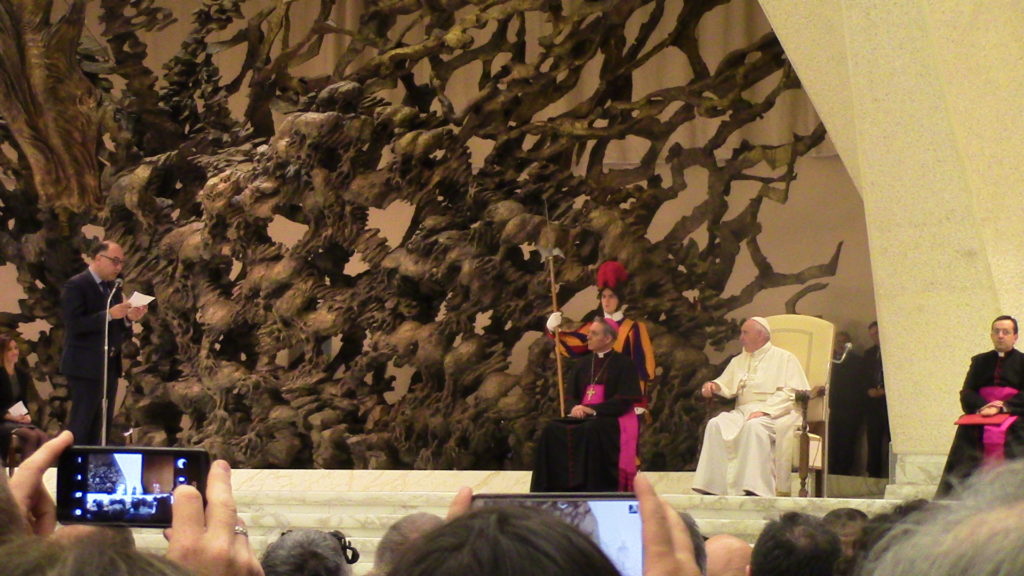
Between 2 and 5 February 2017 I participated in a meeting organized at the ‘mariapoli’ center of the Focolare movement in Castel Gandolfo. The focus was the Economy of Communion (EoC), theorized by the founder of the Focolare movement, Chiara Lubich, in the early 1990s, and practiced today by about 800 entreprises all around the world (but with its main centers in Italy and Brazil). The idea behind the EoC is that entrepreneurs should not work for profit only, but they should invest a part of their revenues to help poor people and to foster education activities. Most of all, all the people involved in an economic activity (entrepreneurs, workers, customers, and even competitors) should live an experience of communion, not only in economic terms, but also in terms of life experience, information, etc.

The meeting involved hundreds of EoC entrepreneurs and activists from all over the world, and included different kinds of events, ranging from plenary sessions in which participants shared with the audience their experiences and their practices, to smaller meetings focused on some specific activities or geographic areas, to other kinds of events (particularly, on Saturday 4, we had the opportunity to participate in a meeting with Pope Francis in the Vatican’s Sala Nervi). The first two days of the meeting, particularly, were focused on the new project of the EoC incubator, aiming at fostering the creation and the growth of new EoC entreprises.

The participation in the meeting was very important for me at the professional level, for the advancement of the research project on “Searching Alternative Communitarianism, Religion and Economic Development (SACRED)”, that I’m leading at the University of Turin. Indeed, in Castel Gandolfo I had the opportunity to interview entrepreneurs from three different continents: some of them, particularly, with many years of experience, having been involved in the EoC since its very beginning. The interviews, and the participant observation at the event were therefore invaluable for the research.
However, the esperience has proven precious also at personal level, because the interviews have given me the opportunity to meet some really outstanding people, and to listen to their life stories, which will prove impossible to forget.

